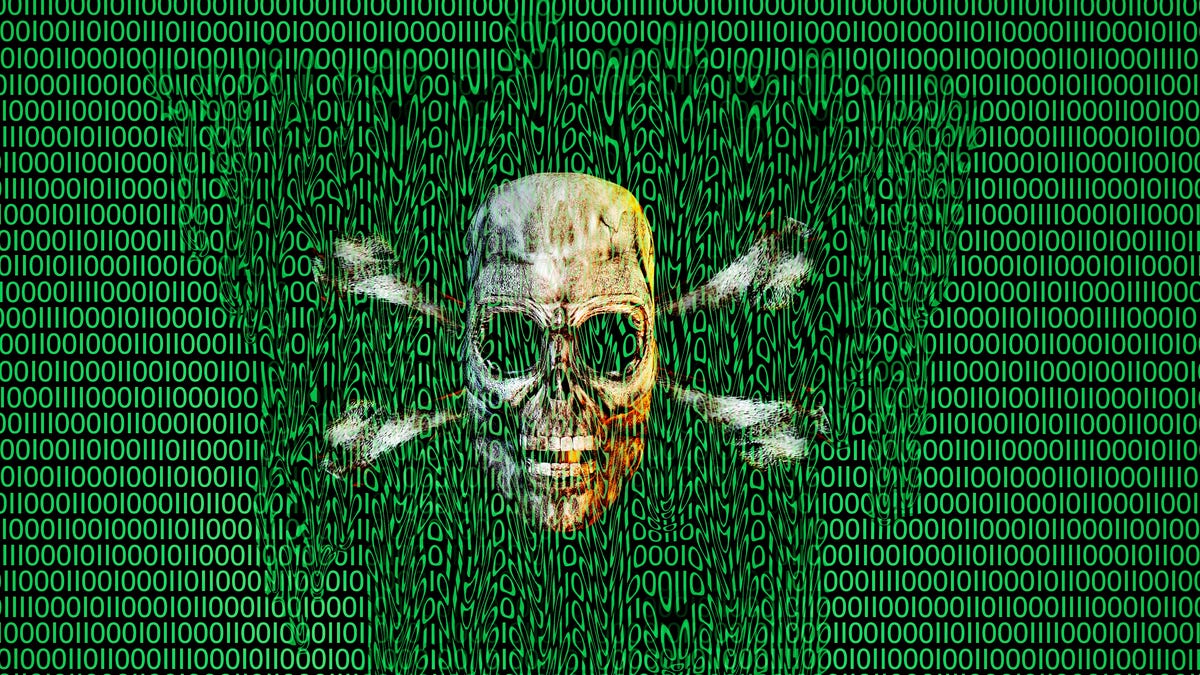iPhone may be suffering from Harry Potter fan-created disease
The county district attorney involved with the San Bernardino shooting cites a "dormant cyber pathogen' as one reason to break into the shooter's iPhone 5C. One security expert says that's the stuff of fan fiction.

The iPhone 5C at the center of the tussle between Apple and the FBI could pose a significant danger to a local computer network.
That's the argument from the district attorney for California's San Bernardino County, where two terrorists went on a shooting spree in December that left 14 people dead and 20 wounded.
The iPhone in question was a loaner that belongs to the county's Department of Public Health, where one of the shooters worked. County District Attorney Michael Ramos argues that Apple should help the FBI unlock the phone because the device may hold a trigger for a "dormant cyber pathogen" that endangers the county's infrastructure, according to an amicus brief filed Thursday in US District Court and published by Ars Technica.
Ramos' speculation is the latest in a string of arguments offered by government agencies seeking access to the locked phone. In particular, the FBI wants Apple to create software that will crack the phone. Apple, however, argues that the creation of a security "backdoor" could leave all iPhones vulnerable and weaken encryption capabilities.
His brief sheds some light on what authorities hope to find on the iPhone and why they're going to such lengths to crack the device. Faced with opposition from the tech industry and privacy advocates, the FBI hasn't offered specific justification for why Apple should break what is effectively seen as a code of ethics among the world's tech giants. The FBI has more generally argued that an unbreakable encrypted phone creates a safe haven for criminals.
The FBI and Apple are set to face off in court on March 22 after making their arguments in a hearing before Congress earlier this week.
"Dormant cyber pathogen" isn't a phrase you hear in casual conversation but that's not because you don't hang in computer security circles.
The phrase sounds scary and it's supposed to, according to Jonathan Zdziarski, who is widely recognized as an expert in iPhone forensics. In a blog post Thursday, Zdziarski said that "dormant cyber pathogen" is a "term that doesn't actually exist in computer science, let alone in information security." The only place he could find it on the Internet was in Harry Potter fan fiction.
Zdziarski accused the district attorney of "blatant fear mongering" in order to manipulate the court, comparing his brief to a "crazy apocalypse story."
The San Bernardino County District Attorney's Office did not respond to requests for comment.
The filing will be considered alongside others when the case is heard in federal court.
A member of Congress, meanwhile, has introduced a bill that would forbid federal agencies from buying any Apple devices until the Cupertino, California, company agrees to unlock the iPhone.
"Taxpayers should not be subsidizing a company that refuses to cooperate in a terror investigation that left 14 Americans dead on American soil," US Rep. David Jolly (R-Fla.) said in a statement.
Apple couldn't immediately be reached for comment.

